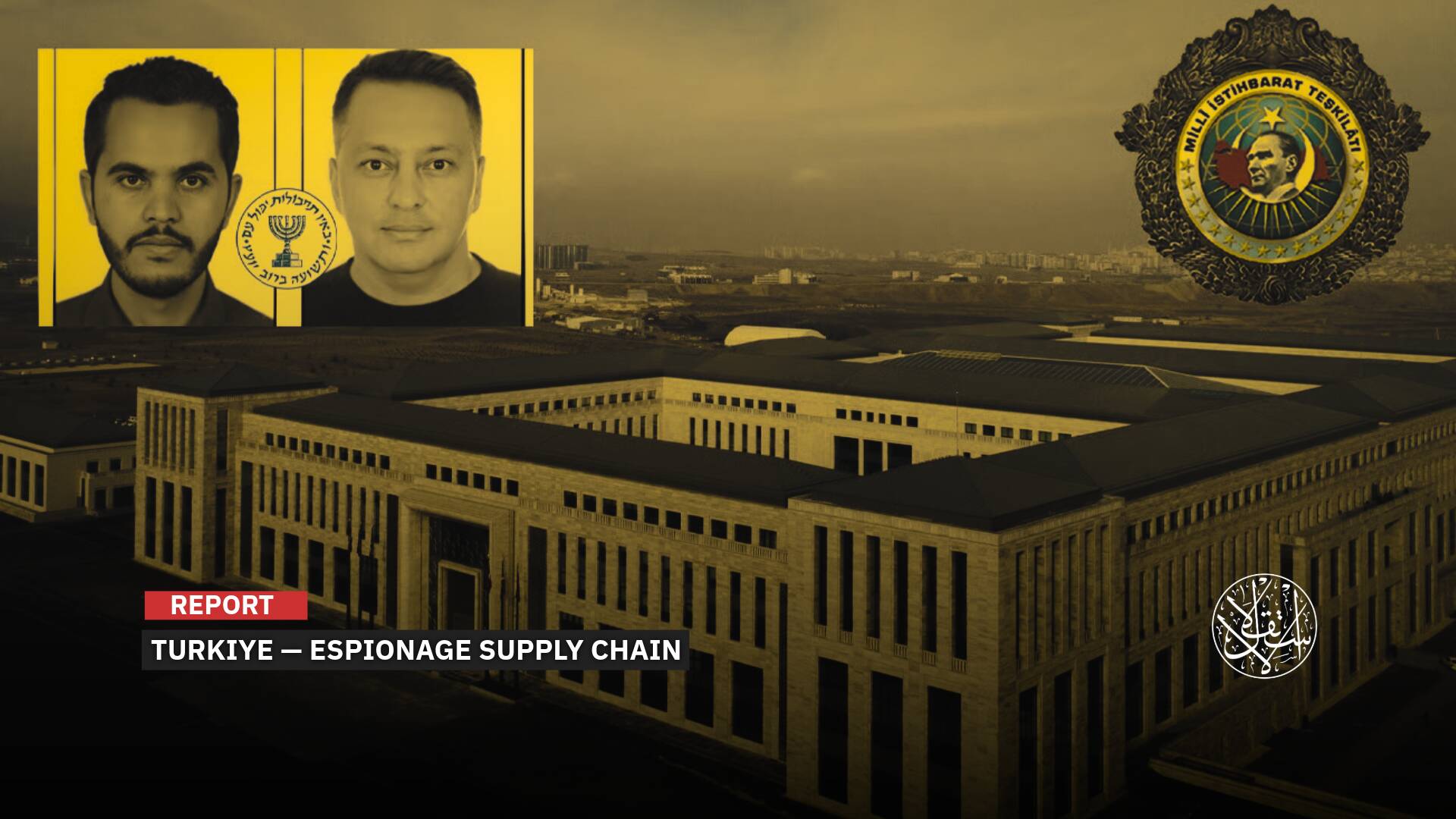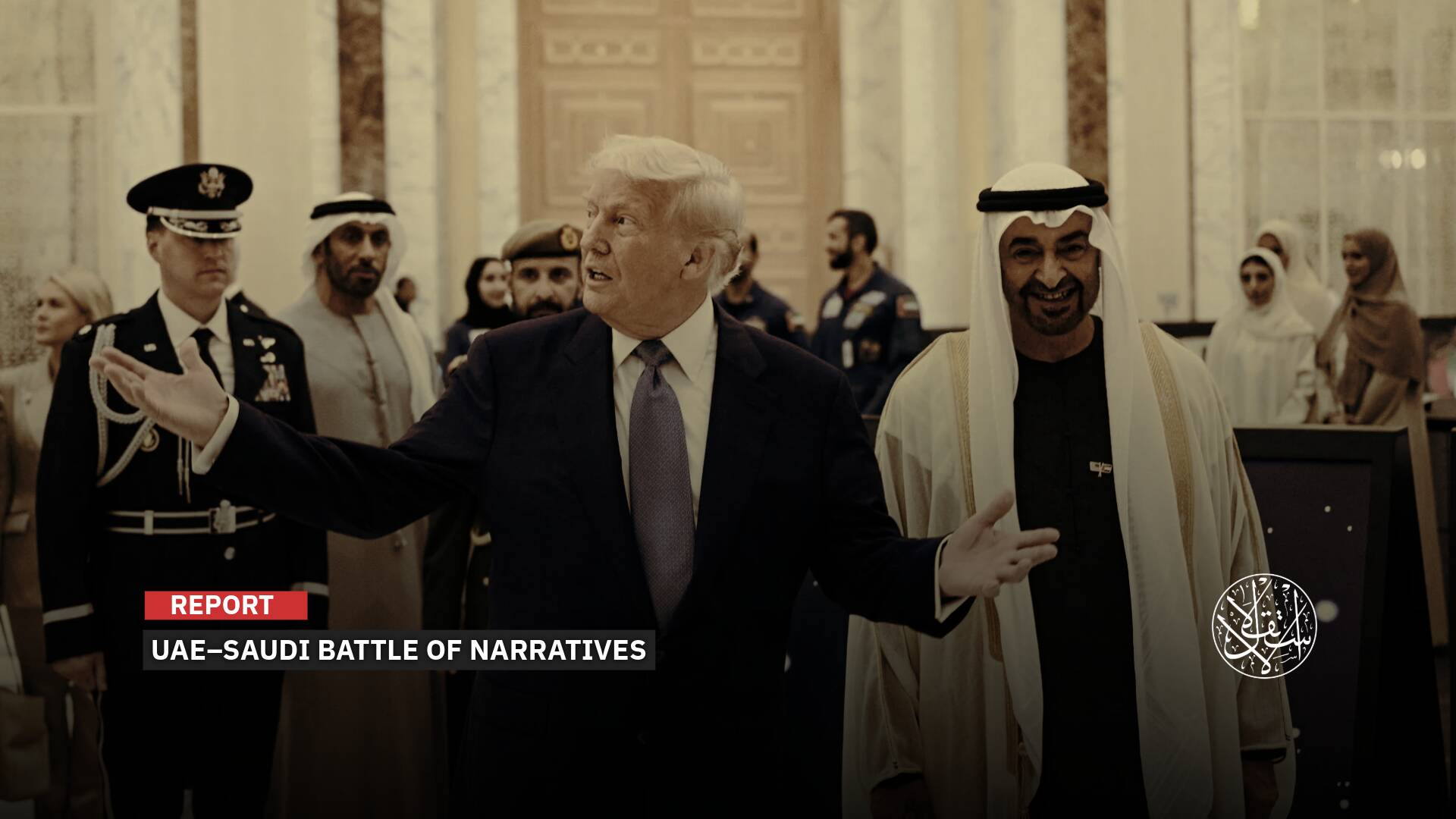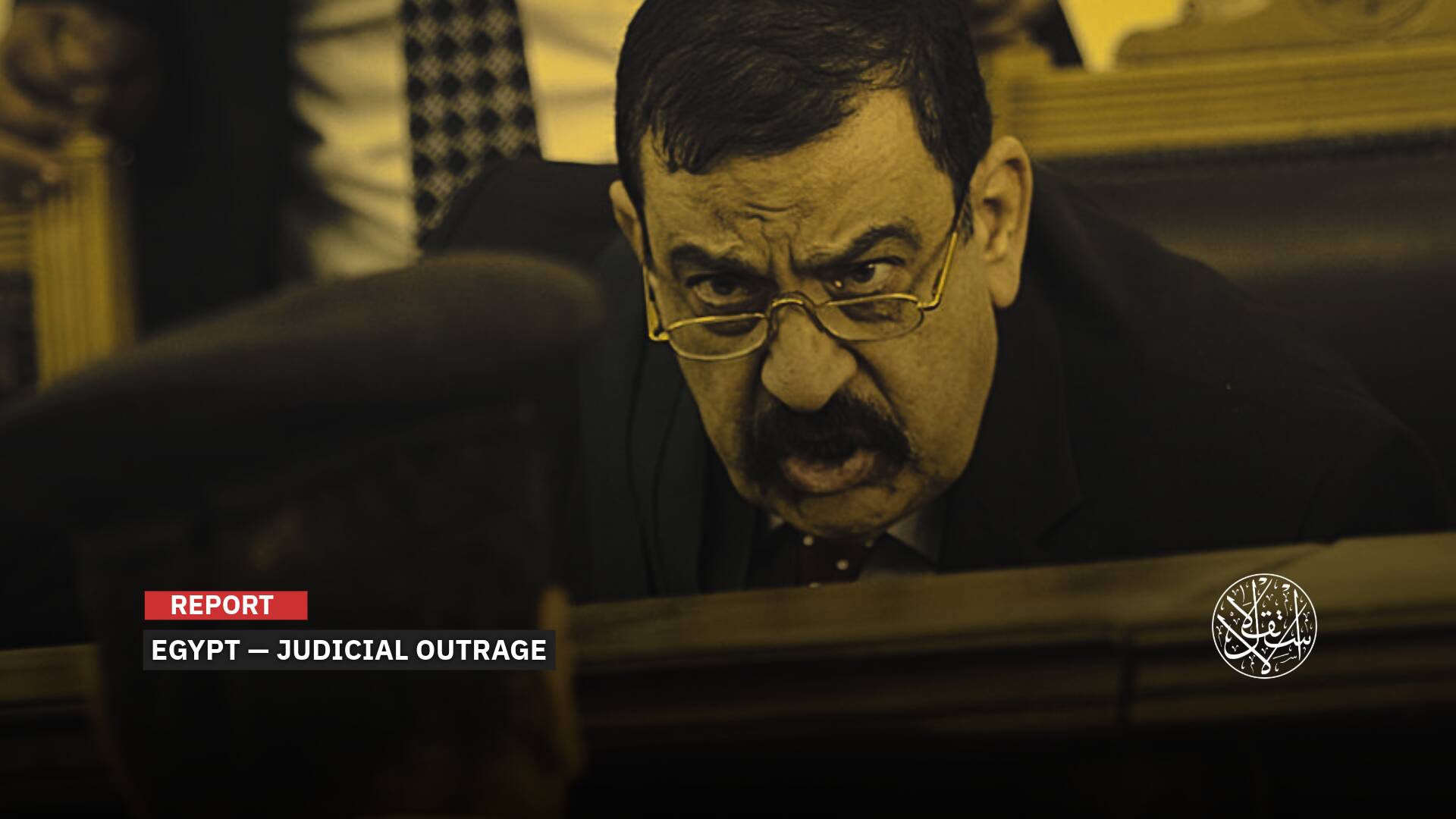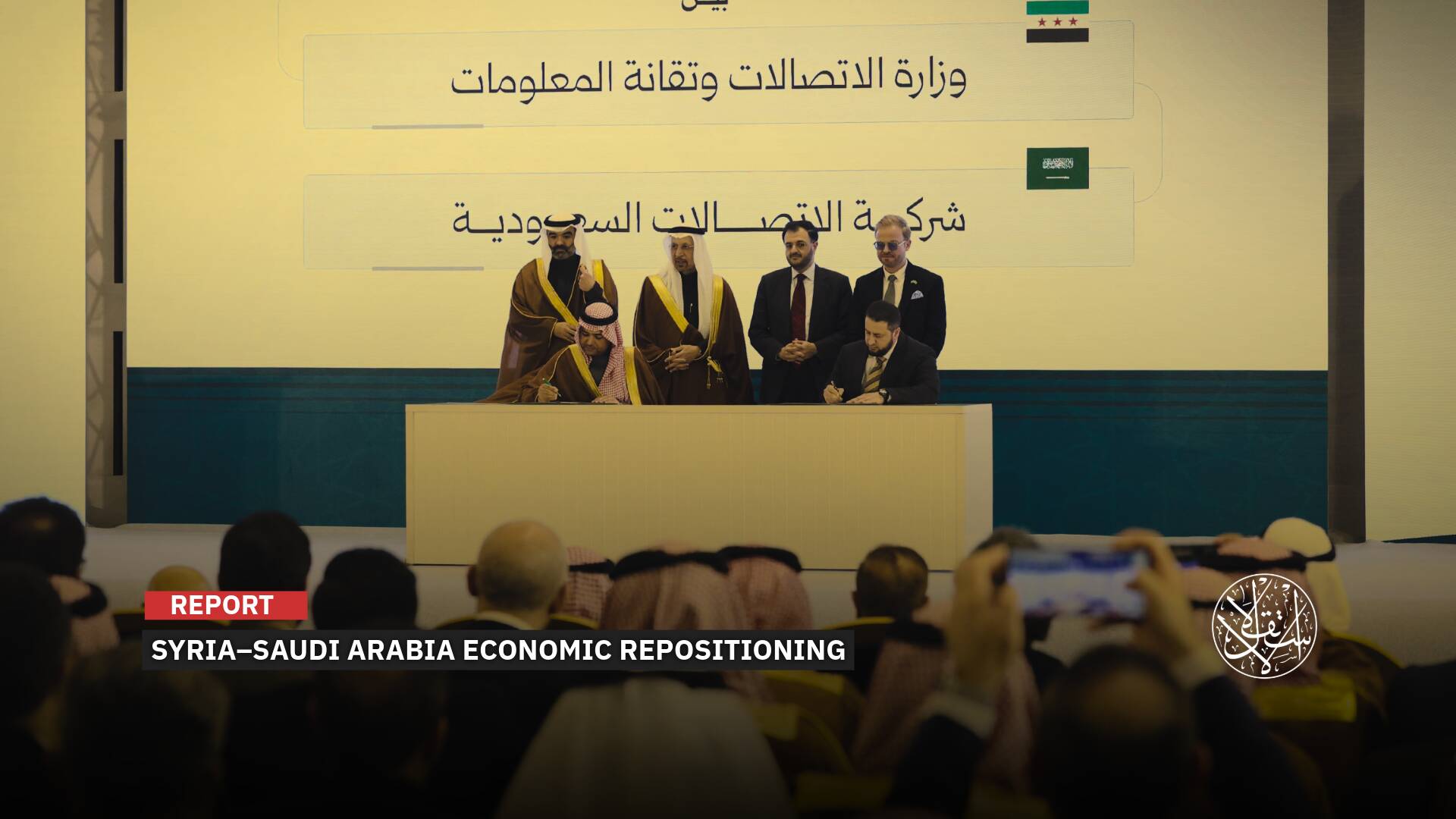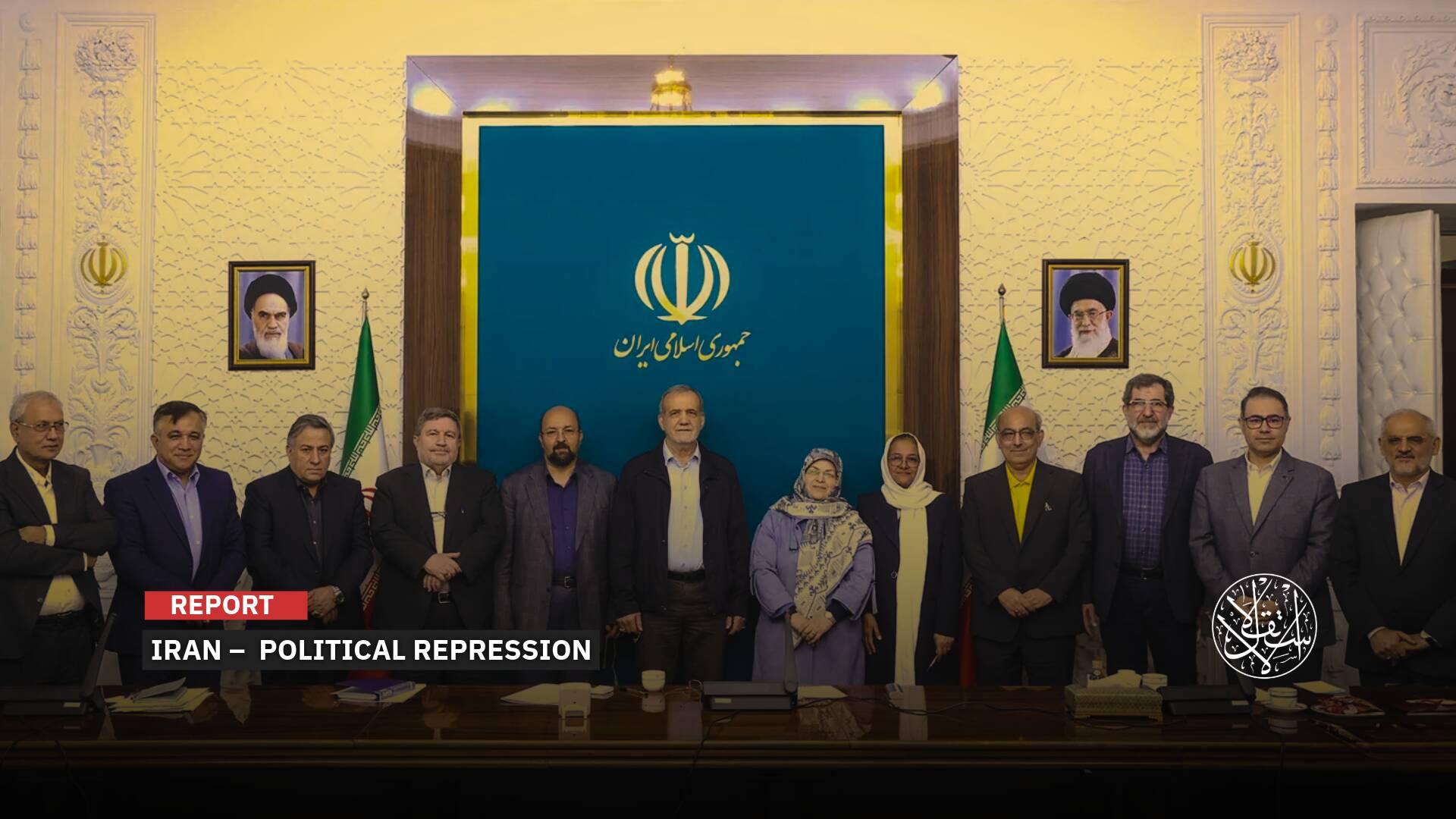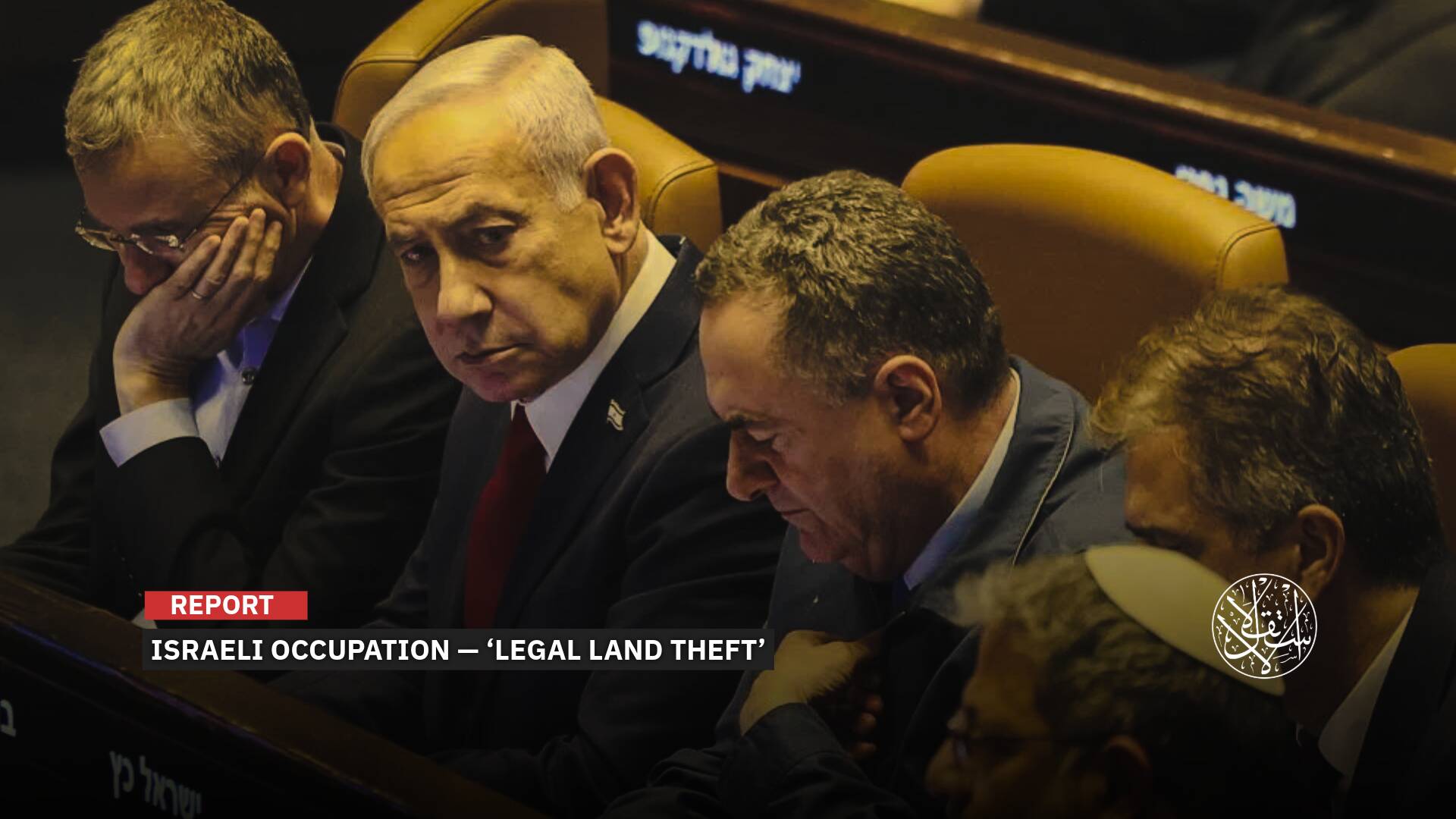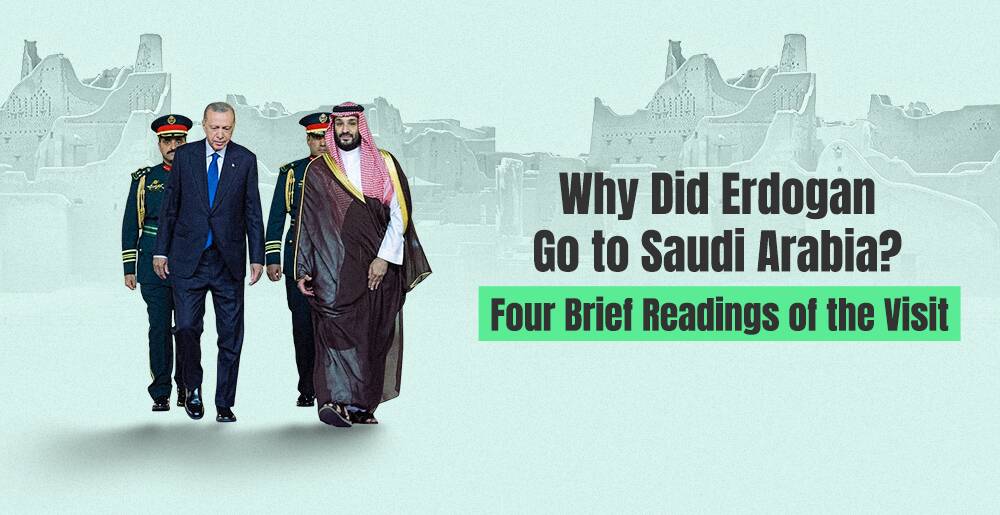South Korea Pushes Muslim Community to File a Complaint to the United Nations

It was remarkable that some of those fleeing the oppression of the regimes in the Arab Spring countries, after the counter-revolutionary coups, resorted to South Korea, despite the intransigence in accepting some of them as political refugees.
However, after fleeing their countries, Muslim refugees encountered difficulties related to their identity and faith, making South Korea become one of the countries that harassed Muslims.
On December 27, 2022, the Muslim community in South Korea called on the United Nations to intervene and help implement a local court order in 2020 to build a mosque.
The petition to the United Nations regarding the construction of the mosque urges the South Korean government and local authorities to publicly condemn all forms of discrimination based on religion or ethnicity.
It demands the country to educate the South Korean people on the duty of religious neutrality and anti-racism for all public servants in the Daegu region.
According to an Anadolu Agency report published on December 27, the local authorities failed to implement a court ruling in favor of Muslims to build a mosque that has been idle for two years near Kyungpook National University, and its construction is still pending.
This is the first request of its kind directed by a Muslim minority to the United Nations to help implement a court ruling to build the mosque, raising questions about the number of Muslims there and the obstacles they face.
South Korea’s history with Islam dates back to the middle of the seventh century when trade was thriving between the Arabs and the Tang in China.

What’s the Problem?
The crisis began when six Muslims from Pakistan and Bangladesh bought a property in Daegu of the capital, Seoul, in 2020 and decided to turn it into a mosque, according to The Korea Herald newspaper.
The idea of building the mosque came to help nearly 150 Muslims to pray there, most of them students at the nearby Kyungpook National University, where they had been praying in a small house for several years, according to what was published by The New York Times in early March 2022.
Muslim students had been praying in this old house in Daehyeon-dong for seven years, and in late 2020, after demolishing the house, they started building a mosque on another property, turning the neighborhood into a center for an anti-immigration campaign.
Following the first complaint from the residents of the neighborhood, the district office issued an administrative order in February 2021 to stop the construction of the mosque, so the Muslims filed a lawsuit before the court.
In December 2021, the Muslim owners won a court order overturning the district office’s decision.
Despite the legal decision to continue work, Muslims were surprised by the extremist people of the region who do not have legal means to prevent them, resorting to crude measures to expel them and prevent the building of the mosque, even though there are 15 churches in the neighborhood.
They started blocking the road leading to the mosque, playing loud music during prayer time, then placing pigs’ heads at the entrance and holding pork barbecues. The police refused to prevent them or remove the pigs, claiming that it was something the residents liked.
The vile discrimination going on in Daegu has been going on for ages now. Local Muslim students want to construct a small mosque. They are now up against disgusting racism and bigotry from locals *and non-locals pretending to be local* led by K-Christians.https://t.co/KXCYurxkbc
— Raphael Rashid (@koryodynasty) December 15, 2022
Muslims tried to avoid the residents’ extremist acts but failed, as only 60 percent of the mosque had been built.
The Muslim community put forward proposals to reduce risks of being targeted, such as equipping the mosque with soundproof walls and windows, but none of their suggestions were accepted, and Koreans insisted on expelling them from the neighborhood, as Muaz Razaq, a PhD student studying computer science at Kyungbok University, told The Korean Herald on November 11, 2022.
The Peaceful Settlement Task Force, which defends the mosque, said in a statement that local authorities did not heed the Muslim community’s demands to remove pigs’ heads from the street.
Muslims complained about the extremist Christian population’s hostility towards the Muslim community, not only by placing pigs’ heads but also by writing hostile banners explaining how the mosque would bring more noise and how the smell of food from an unfamiliar culture would lead to the abandonment of the Korean residents of the region, according to what was published by the American New York Times in March 2022.
Islamophobia by fanatic Korean Christians against construction of mosque continues in Daegu's Daehyeon-dong. Long red banner reads:
— Raphael Rashid (@koryodynasty) July 28, 2021
"Are Muslims considered residents, but the people of Daehyeon-dong sons of bitches?"
So vile. So nasty.
Other banners also gross. https://t.co/FbHh41mkV4 pic.twitter.com/wJET11Tbqv
Residents of extremist Protestant groups raised banners full of anti-Islamic hate speech, such as “Muslims who kill people brutally and behead them, get out of this area! Terrorists! Right now!”
They hung some other banners saying: “Islam is an evil religion that kills people” and “We strongly oppose the construction of an Islamic mosque.”
Muslims described these movements as “Islamophobic” and called on the United Nations Special Rapporteur on religious freedom to urge the South Korean government to intervene.
Islamophobia and Racism
When the New York Times asked Lee Hyung-oh, a leader of the Refugee Out network who opposes the construction of the mosque in Daegu, why they did not welcome Muslims, he said that their women wearing headscarves is enough of a reason never to let them into Korea.
The newspaper added that those who oppose the construction of the mosque and immigration on a larger scale claim that the influx of foreigners (Muslims) would threaten the pure blood and ethnic homogeneity of South Korea.
Koreans have previously demonstrated against the presence of Arab Muslim refugees, saying they do not want Muslims who hate women in order to preserve Korean values.
The mosque construction crisis revealed the falsity of what is called “multiculturalism” in South Korea because of their refusal to welcome other cultures, especially Muslims.
NYT explained that Koreans have more global influence than ever before in the world, with consumers around the world eager to drive their cars and buy their phones, but their country is grappling with a fierce wave of anti-immigrant fervor and Islamophobia.
Song Bo-ra, a Korean woman who converted to Islam in 2007, said after reading about religion for years, she found that Islam is the right religion for her and the reasons for this racism against the veil, pointing to misconceptions among Koreans.
“Many Koreans have big misunderstandings about Islam. They ask me why I wear the hijab. They think the hijab is used to control women and their freedom and that we are pressured to wear it,” said the former Islamic teacher who now works at the Korea-Islam Business & Cultural Centre.
She lamented that the hijab is often viewed as a symbol of terrorism, so she gets asked if she supports the Islamic State in Iraq and Syria (ISIS) and if she has met ISIS members. “I’d laugh first, then explain that... we want to live peacefully,” she said.

Yi Sohoon, a sociology professor at Kyungpook National University who supports the construction of the mosque, said that Koreans have deeply rooted xenophobic beliefs and see Muslims as inferior.
The Straits Times report on May 3, 2021, quoting Korean Muslims, indicates that the Korean people are biased against Islam because of what they see in the media as racist accusations and negative news about Afghanistan, Iraq, and places of war.
He confirms that all that Koreans know and hear about Islam is related to “terrorism, violence, and wars.”
What angered the Koreans was when the Taliban kidnapped 23 South Korean missionaries in 2007, then executed two of them, before the Korean government reached an agreement to release the rest.

This incident and the angry reactions at the time dominated newspaper headlines for weeks and created a negative impression about Islam until today.
The arrival of 500 Yemeni asylum seekers on Jeju Island in 2018 sparked the first of a series of organized anti-immigrant protests in South Korea. The government responded to concerns that asylum seekers were harboring terrorists by preventing them from leaving the island.
There was an anti-discrimination bill in parliament, but it has been stalled for years due to opposition from a powerful Christian lobby group, so immigrants are not legally given the same rights as those in South Korea.
Muslim History
South Korea’s history with Islam dates back to the middle of the seventh century when trade was thriving between the Arabs and the Tang in China, and from there, this cultural and commercial link extended to this country, according to the Islam Online website.
In the ninth century, some Arab and Persian merchants from South Korea took a permanent place for them to reside and established cities that were dominated by the Islamic character. With time, Muslims merged with the Korean people, and marriage to Korean women was the most significant factor in establishing Islam.
The Straits Times showed, in a report on May 3, 2021, that Islam was banned in Korea for centuries during the Joseon Dynasty era (1392-1910) as part of an isolationist policy.
But Islam first began spreading to the Korean peninsula between the ninth and eleventh centuries by Arabs traveling the Silk Road and was then revived by the Muslim Turkish forces that remained after fighting the 1950-1953 Korean War.
About 15,000 Turkish soldiers volunteered under the umbrella of the United Nations there, and many of them stayed after the war, spreading Islam among South Koreans.
On October 20, 2020, the Korean Muslim Union in Seoul said in a statement that the number of those who profess Islam in South Korea is increasing, reaching more than 260,000 Muslims.

It explained that among this number, there are 60,000 Korean Muslims, an increase of about 5,000 during the last 5 years, and most of them learned about Islam during their residence and work in Arab countries during the seventies and eighties.
The union indicated that South Korea currently has 16 mosques and 80 small chapels, most of which are in the country’s capital and major cities.
Buddhism is the official religion in South Korea, where Buddhists make up 52 percent of the population, while Christians represent 20 percent, and the remaining percentage does not belong to any religion.
The first mosque was opened in South Korea in 1955. In 1962, the Malaysian government gave a financial donation to build a mosque in Seoul, opened later in 1976, in the Itaewon area, which has many halal restaurants and Islamic stores.
In the year 1967, the Korean Ministry of Guidance recognized the Islamic Federation in Korea. The government donated a piece of land for the establishment of the mosque and the main Islamic center in Seoul. The foundation stone for this project was laid in the year 1971.
Today, asylum seekers in the South Korean capital, Seoul, suffer from the difficulties they face from the authorities and the refusal to grant them asylum because of the anti-Islamic backgrounds there.
The acceptance of Muslim and Arab refugees in South Korea became so unpopular that when the government granted asylum to 390 Afghans fleeing the Taliban in 2021, it refused to consider them as refugees and instead called them “special contributors” and accepted them to please America.
In 2017, the South Korean authorities arrested and harassed a number of Arab asylum seekers fleeing their repressive regimes and threatened them with deportation, including Egyptians.
Although South Korea signed the Convention on Refugees, it does not accept all applicants for asylum but rather selects them according to criteria that are neither humanitarian nor political.
Sources
- South Korean Muslims appeal to the United Nations to implement the order to build a mosque [Arabic]
- How ‘Multiculturalism’ Became a Bad Word in South Korea
- Mosque project pits villagers against Muslims in Daegu
- Pig heads at South Korea mosque site condemned as ‘pure Islamophobia’
- ‘Many Koreans have big misunderstandings about Islam,’ says a Muslim convert in South Korea
- Mosque construction triggers standoff in Daegu



